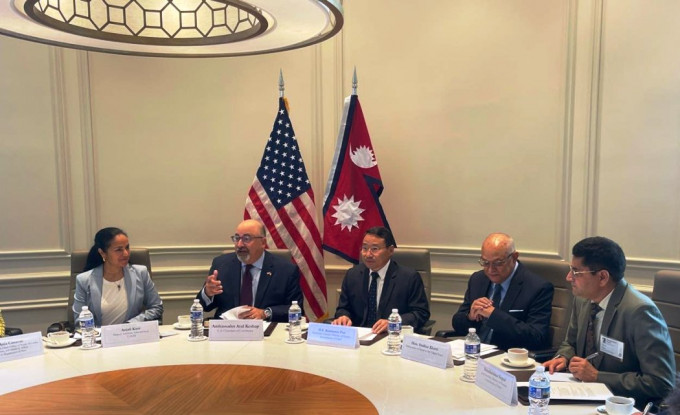After slapping Google with a Rs 1,337 crore fine for anti-competitive practices related to Android mobile devices five days ago, the Competition Commission of India (CCI) on Tuesday imposed a further penalty of Rs 936.44 crore on the tech giant for abusing its dominant position with respect to its Play Store policies, apart from issuing a cease-and-desist order.
The Commission also directed Google to modify its conduct within a defined timeline.
Based on its assessment, the CCI said it found Google to be dominant in the markets for licensable OS for smart mobile devices and market for app stores for Android smart mobile OS, in India.
The competition watchdog said selling in-app digital goods constitutes an important means for app developers to monetise their creations/innovations. However, for in-app digital goods to be distributed to purchasing users, developers must configure their apps so that all purchases of the digital goods go through Google's payment system, which processes the transactions.
The antitrust body said Google's Play Store policies require the App developers to exclusively and mandatorily use Google Play's Billing System (GPBS) not only for receiving payments for Apps (and other digital products like audio, video, games) distributed/sold through the Google Play Store but also for certain in-app purchases i.e. purchases made by users of Apps after they have downloaded/ purchased the App from the Play Store.
Further, app developers cannot, within an app, provide users with a direct link to a webpage containing an alternative payment method or use language that encourages a user to purchase the digital item outside of the app (anti-steering provisions), it said.
CCI said if the app developers do not comply with Google's policy of using GPBS, they are not permitted to list their apps on the Play Store and thus, would lose out the vast pool of potential customers in the form of Android users.
It said making access to the Play Store dependent on mandatory usage of GPBS for paid apps and in-app purchases is one-sided and arbitrary and devoid of any legitimate business interest.
The app developers are left bereft of the inherent choice to use payment processor of their liking from the open market.
The CCI has also examined the allegations of exclusion of rival UPI apps as effective payment options on Play Store. It was found that Google Pay has been integrated with intent flow methodology whereas other UPI apps can be used through collect flow methodology.
CCI said it noted that the intent flow technology was superior and user-friendly than collect flow technology, with intent flow offering significant advantages to both customers and merchants and the success rate with the intent flow methodology being higher due to lower latency. Google has informed the CCI that it had recently changed its policy and has allowed rival UPI apps to be integrated with intent flow.
Based on its assessment, the CCI in the statement concluded that making access to the Play Store, for app developers, dependent on mandatory usage of GPBS for paid apps and in-app purchases constitutes an imposition of unfair condition on app developers. Thus, Google is found to be in violation of the provisions of Section 4(2)(a)(i) of the Act.
It said Google is found to be following discriminatory practices by not using GPBS for its own applications i.e., YouTube.
The antitrust body also said mandatory imposition of GPBS disturbs innovation incentives and the ability of both the payment processors as well as app developers to undertake technical development and innovate and thus, tantamount to limiting technical development in the market for in-app payment processing services. in violation of the provisions of the Act. Thus, Google is found to be in violation of the provisions of Section 4(2)(b)(ii) of the Act.
It said mandatory imposition of GPBS by Google, also results in denial of market access for payment aggregators as well as app developers, in violation of the provisions of Section 4(2)(c) of the Act.
The practices followed by Google results in leveraging its dominance in market for licensable mobile OS and app stores for Android OS, to protect its position in the downstream markets, is in violation of the provisions of Section 4(2)(e) of the Act, it said.
CCI said different methodologies used by Google to integrate, its own UPI app vis-a-vis other rival UPI apps, with the Play Store results in violation of its norms.
Accordingly, in terms of the provisions of Section 27 of the Act, the CCI said it hereby directs Google to cease and desist from indulging in anti-competitive practices that have been found to be in contravention of the provisions of Section 4 of the Act, as detailed in this order.
READ ALSO:









